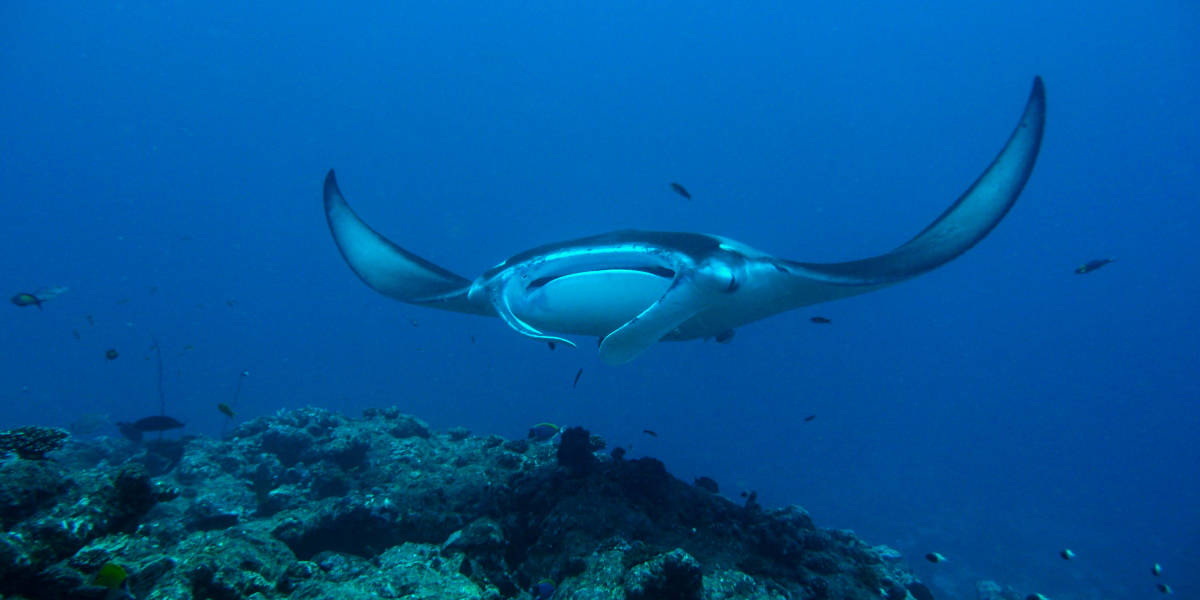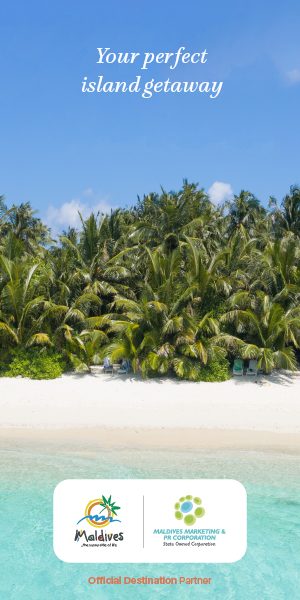The Maldives has banned a list of Single-Use Plastics (SUPs) for import into the Maldives, from 1 June 2021, according to the President’s Office.
President Ibrahim Mohamed Solih has declared the ban, a campaign to minimize SUP-use in the President’s Office was launched during the first 100 days following his inauguration. He noted that the use of SUPs in the Maldives has been at a startlingly high rate. On 30 December 2020, the list of SUPs to be forbidden from import was formulated under Presidential Decree, and was published in the Government Gazette. As the Maldives is a member of the Commonwealth Clean Ocean Alliance as well, phasing out the use of SUPs in the country has been a major priority and remains as one of the Government’s key environmental pledges.
The Commonwealth Clean Ocean Alliance (CCOA) is an Action Group to tackle plastic pollution in the ocean, which was launched by the UK and Vanuatu. The CCOA operates within the framework of the Blue Charter, which sets the mandate, the clear level of ambition and the political will to drive the marine environmental agenda.

According to the President’s Office, the process of banning SUPs commenced with the ratification of the 18th Amendment Bill to the Export-Import Act of Maldives (Act No. 31/79) on December 22, 2020, which vests the President with the authority to compile and publicise a list of goods classified as SUPs banned from import, and to add or remove items from that list. From 1 June 2021, the President’s initiative to completely discontinue the use of SUPs by 2023 will come into full effect. According to the President’s Office, ‘the President hopes to negate the harmful effects of single use plastic on the Maldives’ vulnerable marine environment and on human health.’
As the Maldives is prided for its natural coastlines, beaches and unique geographical structures, the preservation of its natural beauty is vital for the economy in future as well. The degree of micro plastic pollution in the Maldives has the potential to severely impact marine life in shallow reefs and threaten the livelihoods of island communities, according to new studies. Research already shows that if current practices continue across the world, there will be more plastic in the sea than fish by 2050.
By June 1, 2021, the following items will be prohibited to import: drinking straws; plates, cutleries and stirrers; styrofoam lunch boxes; 30×30 cm carrier bags; betel nuts in plastic wrapping; below 250ml coffee cups; cotton wool buds; 50 ml and smaller toiletry bottles; and, below 500ml PET beverage bottles. After December 1, 2022, importation of carrier bags below 50-micron thickness; 50-200 ml toiletry bottles; and, one-litre PET beverage bottles, will also be prohibited.
Photo Credit: Milaidhoo Island Maldives, Common Seas




